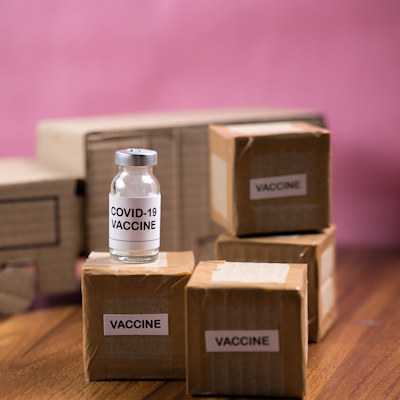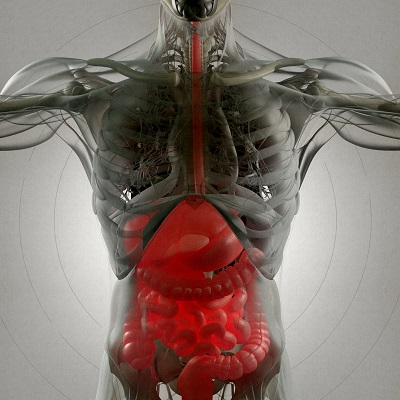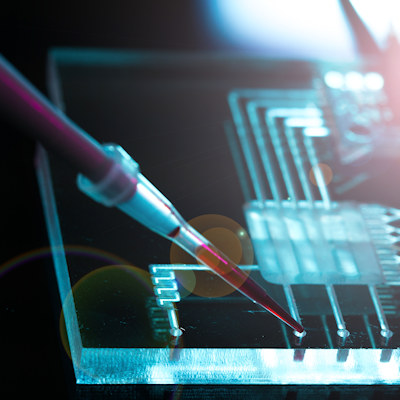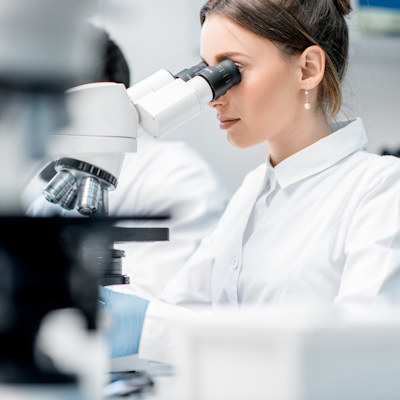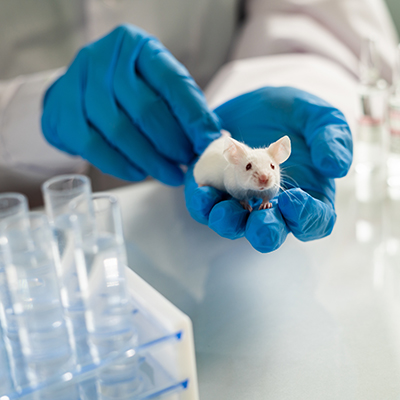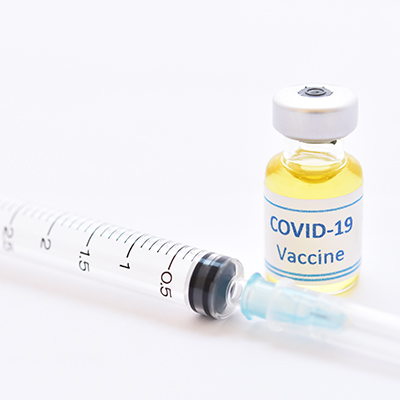April 12, 2023 -- Researchers have developed a new testing platform that encapsulates B cells -- important immune system components -- into miniature lab-grown organoids. The results, published Wednesday in ACS Central Science, may hasten vaccine screening and significantly reduce the number of experimental animals used in the process, the researchers said.
Vaccines introduce the immune system to an antigen, which can be either all or part of a virus or bacterium, allowing the body to prepare for future exposure by programming its B cells to make antibodies against that antigen. However, certain bacteria coat themselves in a polysaccharide "disguise," requiring specialized conjugate vaccines in which a piece of the antigenic polysaccharide is attached, or conjugated, to a carrier protein the body recognizes. These include pneumonia and meningitis vaccines. But precisely how conjugate vaccines interact with B cells to induce an immune response is not fully understood.
Developing, testing, and getting approval for new human treatments or vaccines almost always requires animal trials. The traditional way of testing vaccines involves injecting them into animals, then waiting weeks or months for results. Such experiments may take years to complete, and often raise ethical concerns about how the process affects the animals involved. When developing a new class of vaccine or focusing on a new target, scientists may need to evaluate many vaccine candidates by conducting numerous animal studies.
To speed up the process and address ethical concerns, researchers have been exploring the use of organoids -- small groups of cells that act like miniature organs, creating a simulated in vivo environment. For example, hundreds of immune cell organoids can be constructed from the spleen of a single mouse, greatly increasing testing throughput and helping researchers evaluate the large numbers of compounds they need to create and screen. Researchers sought to learn whether this method would provide results similar in quality to animal experiments, and specifically, whether it could be used to screen large numbers of glycoconjugate vaccine candidates.
To construct organoids, the researchers isolated B cells from mouse spleens, added cellular signaling molecules and structural components, then encapsulated all components in a synthetic hydrogel matrix. Next, they prepared conjugate vaccine candidates targeting the bacterium responsible for tularemia, or "rabbit fever," for which an approved vaccine does not currently exist.
Vaccine candidates were tested using both traditional in vivo mouse trials and the new organoid platform. The B cells reacted similarly in both formats; they also provided insights into the biochemical changes that occurred as the cells matured into antibody-producing cells. As a result, the team found that the platform could be used to identify B-cell clones that generate antigen-specific antibodies, which have a wide variety of potential applications.
"Though this work is preliminary, the organoid platform could help reduce the time it takes for new conjugate vaccines to be developed and evaluated," concluded the researchers in a statement.
Copyright © 2023 scienceboard.net




